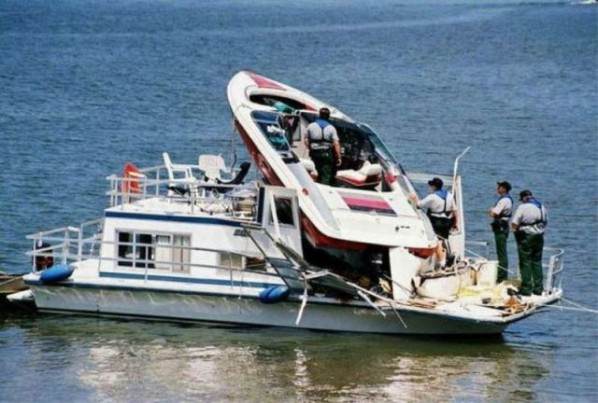tommywho70x
Rookie
- Apr 15, 2010
- 826
- 60
- 0
- Banned
- #1
By Matthew Moore
Published: 1:25PM BST 09 May 2010
The world's biodiversity is threatened by the economic growth of countries like China, India and Brazil, the study will say.
While Western countries are increasingly aware of the need to protect endangered species, the developing world's appetite for raw materials is destroying vulnerable ecosystems, the report's authors will warn.
Don't write off organic foodPopulation growth, pollution and the spread of Western-style consumption are also blamed for hitting plant and animal populations.
Species at risk include the fishing cat, as its wetland habitats in India, Pakistan and southeast Asia are converted for agriculture. Maritime ecosystems are under particular threat, with the south Asian river dolphin among the species whose numbers have plummeted due to damming and overfishing.
The latest report the third edition of the UN's Global Biodiversity Outlook is based on data obtained from studies in more than 120 countries across the world.
It builds on recent work for the International Union for Conservation of Nature (IUCN) which showed that 21 per cent of all known mammals, 30 per cent of amphibians and 35 per cent of invertebrates are threatened with extinction.
Speaking in advance of the report, Ahmed Djoghlaf, who heads the Convention on Biological Diversity, said that countries had failed to honour pledges to reduce the rate of biodiversity loss.
He said: The magnitude of the damage [to ecosystems] is much bigger than previously thought. The rate of extinction is currently running at 1,000 times the natural historical background rate of extinction.
He added: Its a problem if we continue this unsustainable pattern of production and consumption. If the 9 billion people predicted to be with us by 2050 were to have the same lifestyle as Americans, we would need five planets.
Published: 1:25PM BST 09 May 2010
The world's biodiversity is threatened by the economic growth of countries like China, India and Brazil, the study will say.
While Western countries are increasingly aware of the need to protect endangered species, the developing world's appetite for raw materials is destroying vulnerable ecosystems, the report's authors will warn.
Don't write off organic foodPopulation growth, pollution and the spread of Western-style consumption are also blamed for hitting plant and animal populations.
Species at risk include the fishing cat, as its wetland habitats in India, Pakistan and southeast Asia are converted for agriculture. Maritime ecosystems are under particular threat, with the south Asian river dolphin among the species whose numbers have plummeted due to damming and overfishing.
The latest report the third edition of the UN's Global Biodiversity Outlook is based on data obtained from studies in more than 120 countries across the world.
It builds on recent work for the International Union for Conservation of Nature (IUCN) which showed that 21 per cent of all known mammals, 30 per cent of amphibians and 35 per cent of invertebrates are threatened with extinction.
Speaking in advance of the report, Ahmed Djoghlaf, who heads the Convention on Biological Diversity, said that countries had failed to honour pledges to reduce the rate of biodiversity loss.
He said: The magnitude of the damage [to ecosystems] is much bigger than previously thought. The rate of extinction is currently running at 1,000 times the natural historical background rate of extinction.
He added: Its a problem if we continue this unsustainable pattern of production and consumption. If the 9 billion people predicted to be with us by 2050 were to have the same lifestyle as Americans, we would need five planets.



